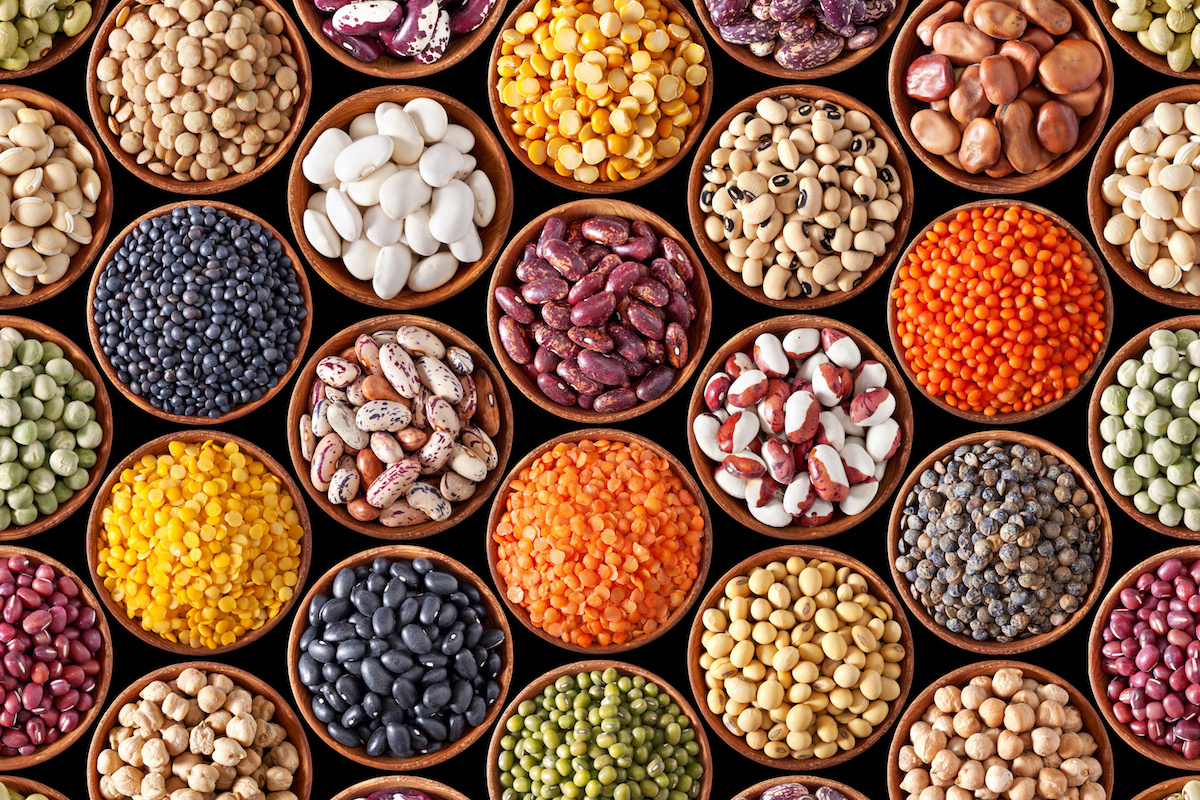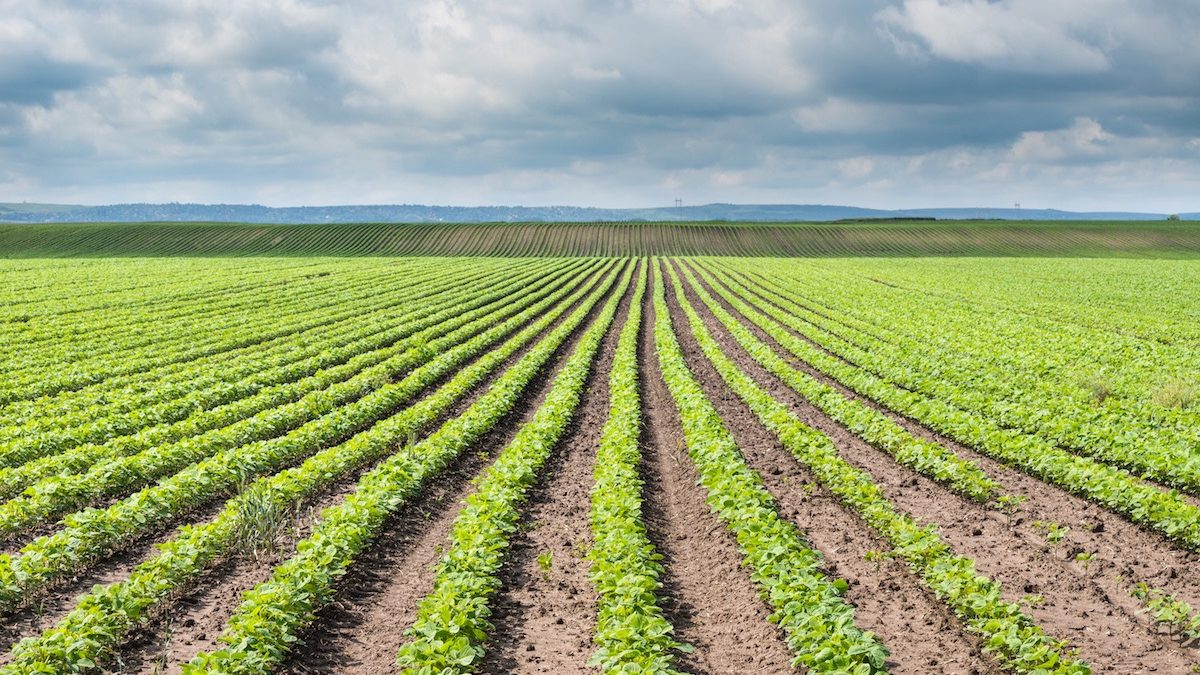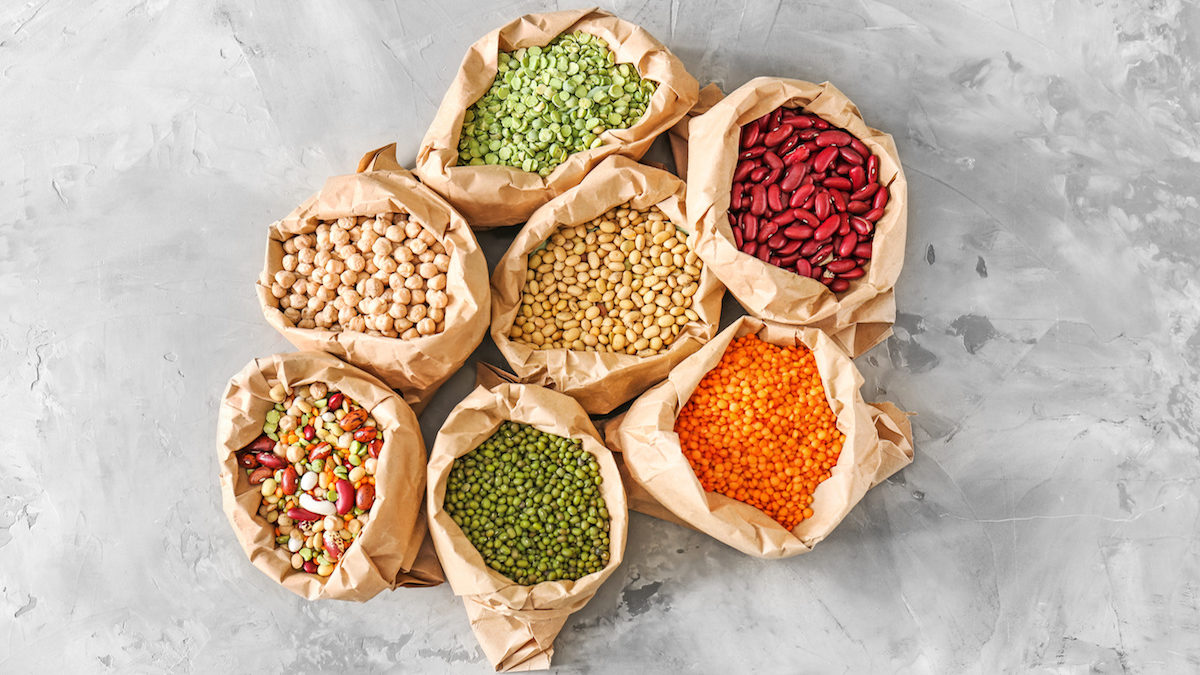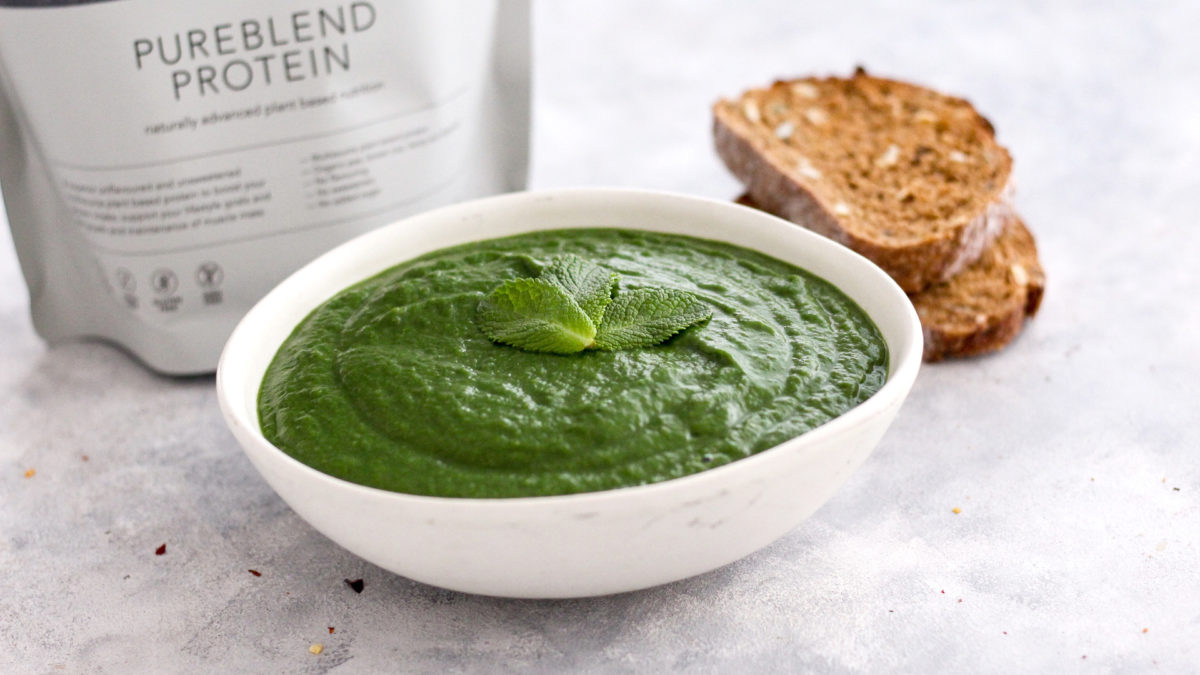Nutritious and Eco-Friendly, Here’s Why Legumes Are The Sustainable Food Of The Future

Have you been sleeping on legumes? Well, be prepared to wake up. Earlier this month, a study published in the scientific journal Frontiers in Sustainable Food Systems found that adding the likes of peas, lentils, beans, and chickpeas to your diet, and the resulting need to farm more of them as a result, could lead to more nutritious and effective food production with large environmental benefits.
The research declares that swapping cereals for leguminous plants in European crop rotations would not only provide more nutrient-rich produce for both animal and human consumption, but because of the way legumes grow, it would also reduce synthetic fertiliser use and pollution.
Here we delve deeper into the power of the legume, from that unrivalled eco-cred to the nutritional profile that has seen us here at Form make the pea a key ingredient in our vegan protein powders.
Legumes: The Eco-Friendly Option
While we all know what a pea is some might be stumped by the term legume. Well, the legume family houses a number of plants that have a pod with seeds inside them.
In sustainable farming circles, these seed-laden plants have long been heralded as the path to a fruitful future. In 2016, for example, The Food and Agriculture Organization of the United Nations declared it the year of the pulse, thanks to the foods past and potential future contribution to sustainability. Quick aside, a pulse is the edible seed from a legume plant. So, legume, pulse, it’s all the same side of the coin.
Anyway, around half of the world’s food production is grown using synthetic nitrogen fertiliser to help the crops grow faster. We’re over-using this fertiliser resulting in mass pollution that depletes the soil of its natural nutrients, contaminates drinking water and kills off all manner of species, from butterflies to fish.

Legumes make their own nitrogen from the atmosphere and bacteria in the soil, and so they don’t need as much of this fertiliser to grow, if any. They’re also self-regulating with their usage of this nitrogen, so when they have enough they shut shop, and can also close their pores on a hot day to save water, another quickly diminishing resource. The whole legume growing process also cleans and fortifies soil, making it easier to grow other crops once the legumes have been and gone.
It’s a win-win cycle then as far as sustainable farmers are concerned. The alternative — creating fertiliser en masse, applying it to fields, feeding it to cattle — is just a vicious, carbon emitting cycle. The solution then is simple, as studies like the one seen earlier this month have shown.
The Nutritional Profile
But that’s not where the story ends. The UN were also uniquely impressed by their nutritional value.
Legumes are most famous for their protein content, and arguably offer some of the best vegan protein sources around. Take lentils for example which contain around 18g of protein per cooked cup or lupini beans, one of the highest sources of plant-based protein available at approximately 40 percent of their total nutritional split and 26g of protein per cup.
They’re also great sources of minerals like potassium, iron and magnesium, as well as fibre, which makes them extremely easy to digest (the rule tends to be the smaller the bean, the easier to stomach). Plus, because of this fibre content, they don’t spike insulin levels and inhibit fat loss as grains and other simple carbohydrates do. In sum, legumes are a thoroughly mindful choice; better for you, and better for the environment.

How To Make Form’s Super Pea Soup
Ingredients
- 300g peas, fresh or frozen
- 1 medium courgette
- 500g spinach
- 1 tbsp olive oil
- 1 onion
- 3 garlic cloves
- 700ml vegetable stock (boiled water and a stock cube)
- 10 mint leaves
- 4 tbsp Form Pureblend
Method
- Peel and dice the onion and garlic cloves.
- Chop the courgette into small pieces.
- Heat the olive oil in a saucepan over medium heat.
- Cook the onions until softened.
- Then add the garlic and fry for 2 minutes.
- Add the courgette and peas and pour in the hot vegetable stock.
- Let it simmer for around 10 minutes, until the courgette and peas are tender.
- Finally, add the spinach, mint leaves and Pureblend and remove from the heat.
- Blend until smooth in a blender or with a hand held blender.
- Season with salt and pepper to taste.



















